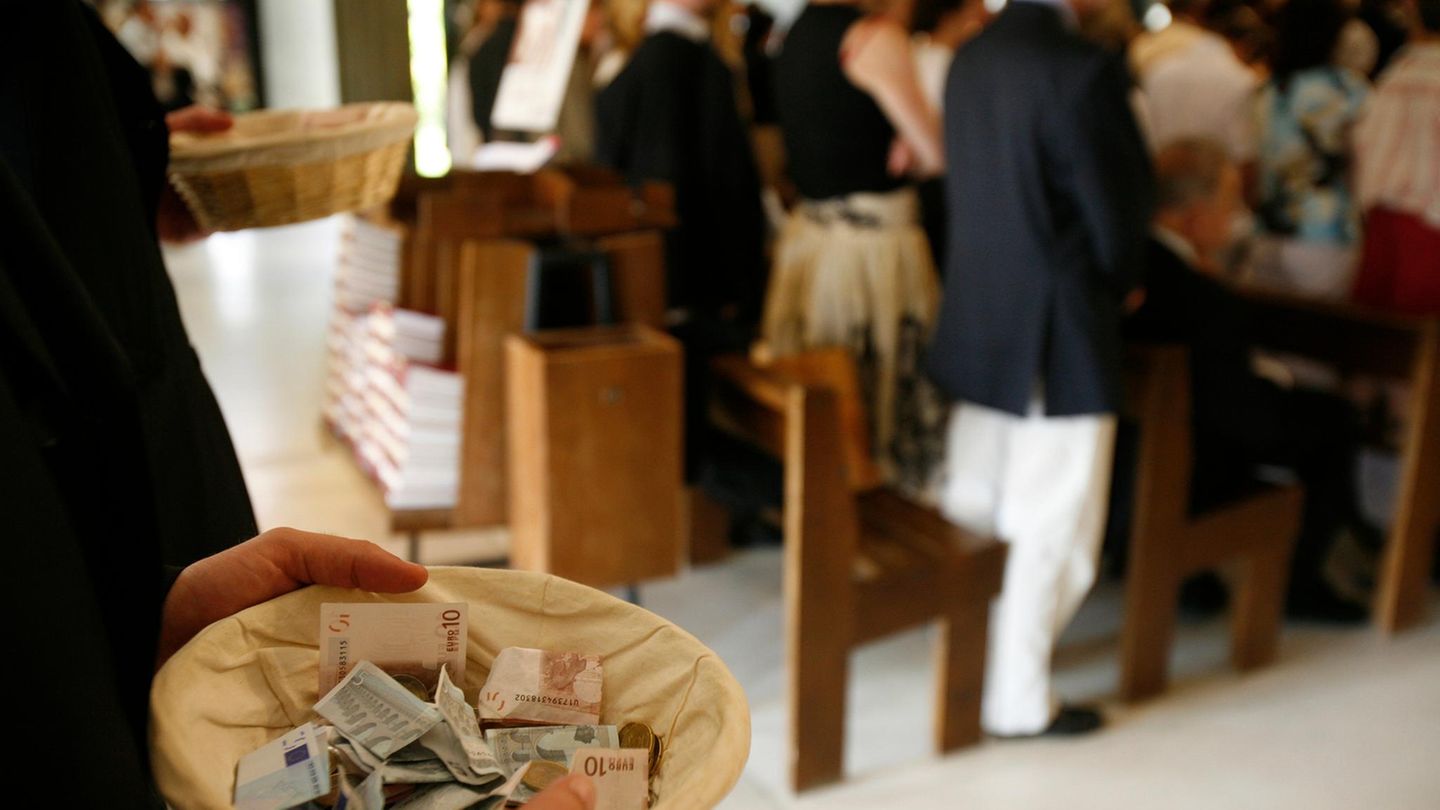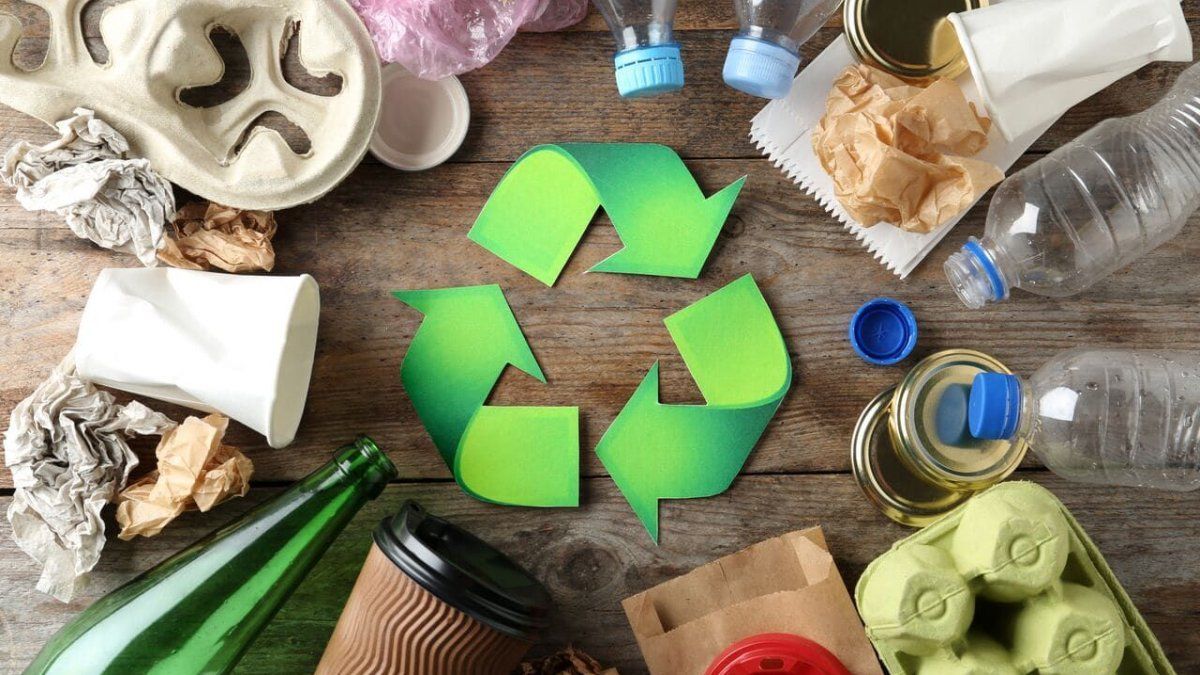The Chancellor’s first trip abroad after the summer vacation will take him to the neighboring Ukraine. There he will counter all doubts about German aid for the country attacked by Russia.
Chancellor Olaf Scholz has assured Ukraine that Germany will remain its biggest European supporter in the fight against Russia. “Germany will not let up in its support of Ukraine,” promised the SPD politician during his visit to the former Soviet republic of Moldova, which borders Ukraine and also feels threatened by Russia.
“We will support Ukraine for as long as it is necessary. And we will be Ukraine’s biggest national supporter in Europe. Only the USA does more as a major world power,” the Chancellor stressed. All people in Ukraine and all those outside Ukraine who are “fearing” for the country attacked by Russia can rely on this.
At the weekend, a newspaper report caused irritation, saying that the German government wanted to reduce support for Ukraine. Scholz confirmed that only the sources of funding would change.
Germany has earmarked more than seven billion euros for Ukraine this year and four billion euros next year. According to the decision of the G7 states, the country will receive a loan of around 50 billion US dollars (around 45 billion euros) for long-term support, the interest on which will be financed from earnings on frozen Russian state assets. “This is technically challenging, but politically resolved.”
Scholz does not want to comment on Ukrainian offensive
Scholz was cautious in his comments on Ukraine’s latest offensive in the Russian region of Kursk. He did not answer the question of whether weapons supplied by Germany could be used in the offensive. Ukraine had prepared its military operation there in great secrecy “and without feedback, which is certainly due to the situation.”
The federal government is closely monitoring developments. “This is a very limited operation in terms of space and probably also time,” he said, although that is not possible to know. “But at this point in time, any further comment is therefore prohibited. This can certainly all be assessed when time has progressed.”
Ukrainian President Volodymyr Zelenskyy has repeatedly urged his partners to allow the use of Western missiles with longer ranges on the territory of the neighboring country. There are currently restrictions on this. Russian Foreign Ministry spokeswoman Maria Zakharova recently criticized Ukraine for using Western weapons to destroy civilian infrastructure in the Kursk region. Those responsible for the “inhumane actions” would be punished.
First trip abroad after the summer vacation
Only about four and a half hours were planned for the Chancellor’s first trip abroad after his summer vacation, which was overshadowed by coalition disputes. The Chancellor was already in Moldova for a European summit in June last year. However, his current trip is the first bilateral visit by a German head of government in twelve years.
Politically, the country, which is one of the poorest in Europe, remains divided between pro-European and pro-Russian forces. Russian soldiers have been stationed in the breakaway region of Transnistria, a narrow strip of land in the east of the republic, since the 1990s.
Moldova accuses Moscow of destabilization and disinformation campaigns. Scholz assured the country of solidarity in this regard. “Germany stands closely by Moldova’s side. We will support the Republic of Moldova to the best of our ability,” he said after his talks with President Maia Sandu and Prime Minister Dorin Recean in the capital Chisinau. He also promised the country, which has a population of just 2.6 million, support for its desired EU accession.
Moldova’s government wants to include EU accession in constitution
The pro-European government of Moldova is pushing hard to join the European Union. Germany has already supported Moldova with more than 41 million euros for security since 2018 and is, according to the German government, the fifth largest donor overall.
Like Ukraine, the country has been a candidate for EU accession since 2022. On October 20, at the same time as the presidential election, a referendum will be held on whether EU accession will be enshrined as a goal in the constitution. This would cement the path towards Europe. “Moldova wants to become part of this European family; and the accession process is crucial for our future,” said pro-European President Sandu.
Source: Stern
I have been working in the news industry for over 6 years, first as a reporter and now as an editor. I have covered politics extensively, and my work has appeared in major newspapers and online news outlets around the world. In addition to my writing, I also contribute regularly to 24 Hours World.




